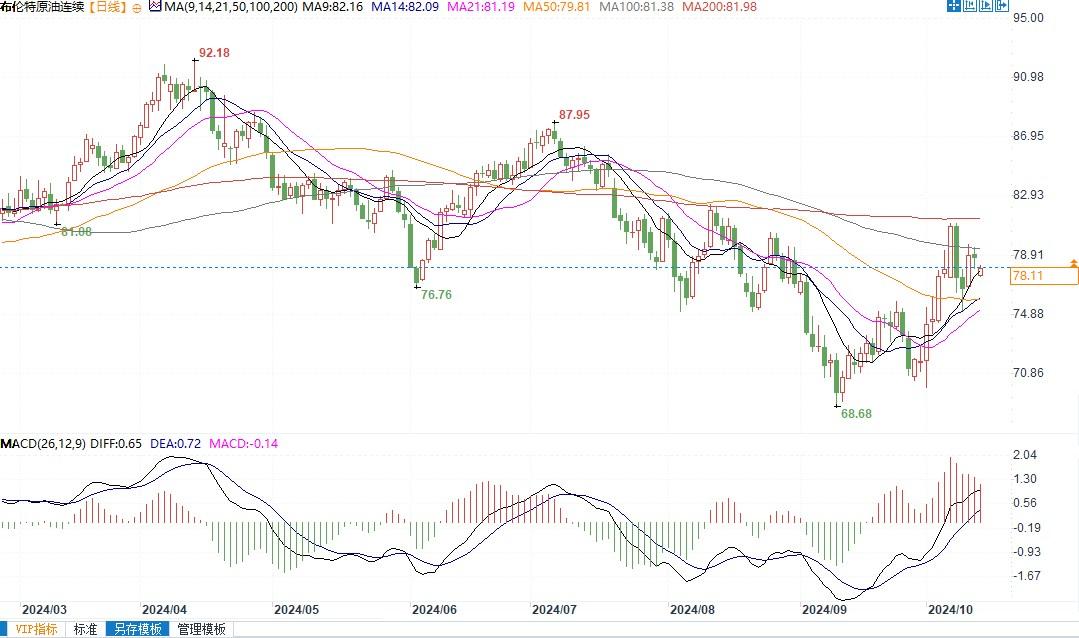Gulf countries refuse to open their airspace to Israel to prevent it from attacking Iranian oil facilities!
Three Gulf country sources said that Gulf countries are lobbying the United States to prevent Israel from attacking Iran's oil facilities because they are concerned that if the conflict escalates, their own oil facilities may be attacked by Iranian agents.
According to sources, as part of avoiding a firefight, Gulf countries including Saudi Arabia, the United Arab Emirates, and Qatar have refused to allow Israel to fly over their airspace to prevent any attacks on Iran, and have conveyed this to the United States.
Two Iranian officials stated that at last week's meeting, Iran warned Saudi Arabia that if Israel receives any assistance in carrying out an attack, Iran will not be able to guarantee the safety of Saudi oil facilities.
Saudi analyst Shihabi, who is close to the Saudi royal family, said, "Iranians have expressed that if Gulf countries open their airspace to Israel, it would be an act of war
In the past few years, Saudi Arabia and Iran have made significant progress in comprehensive diplomatic reconciliation, while at the same time, due to the Gaza War, Saudi Arabia has deviated from the track of normalizing relations with Israel.
According to the financial website ZeroHedge, in terms of oil risks, it must be recalled that the 2019 attack on Saudi Aramco oil fields resulted in over 5% of global oil supply disruptions. If Israel targets Iran's oil supply, OPEC has enough spare oil production capacity to make up for it, but this is not the case if Saudi Arabia and the United Arab Emirates' oil bases are subject to any potential attack by Iranian proxies.
The Israeli Defense Forces issued a statement early Monday morning stating that a drone attack by Hezbollah on a military base in northern Israel on October 13th resulted in the death of four Israeli soldiers and serious injuries to seven others.
In early October, Bob McNally, the president of Rapidan Energy, gave his opinion on the potential impact of the attack on Iran's oil facilities. He believes that the impact on the oil market will depend on the extent of damage to Iran's crude oil exports and how the situation escalates thereafter. If Iran's daily crude oil exports of about 1.8 million barrels stop, oil prices may rise by at least $5 per barrel.
McNally stated that in response, Iran may threaten to block the daily production of 1.3 million barrels of crude oil and 500000 barrels of refined oil, which are produced and circulated in the Persian Gulf. This analyst suggests that with this scale of upgrade, oil prices may further rise by $10 per barrel.
Based on the above information, Gulf countries are currently refusing to allow Israel to fly over their airspace in order to avoid falling into war. This will help protect Iran's oil equipment from attacks and prevent a surge in oil prices in the short term. The current situation in the Middle East remains tense, and investors still need to closely monitor it.

Brent crude oil daily chart
Tips:This page came from Internet, which is not standing for FXCUE opinions of this website.
Statement:Contact us if the content violates the law or your rights
